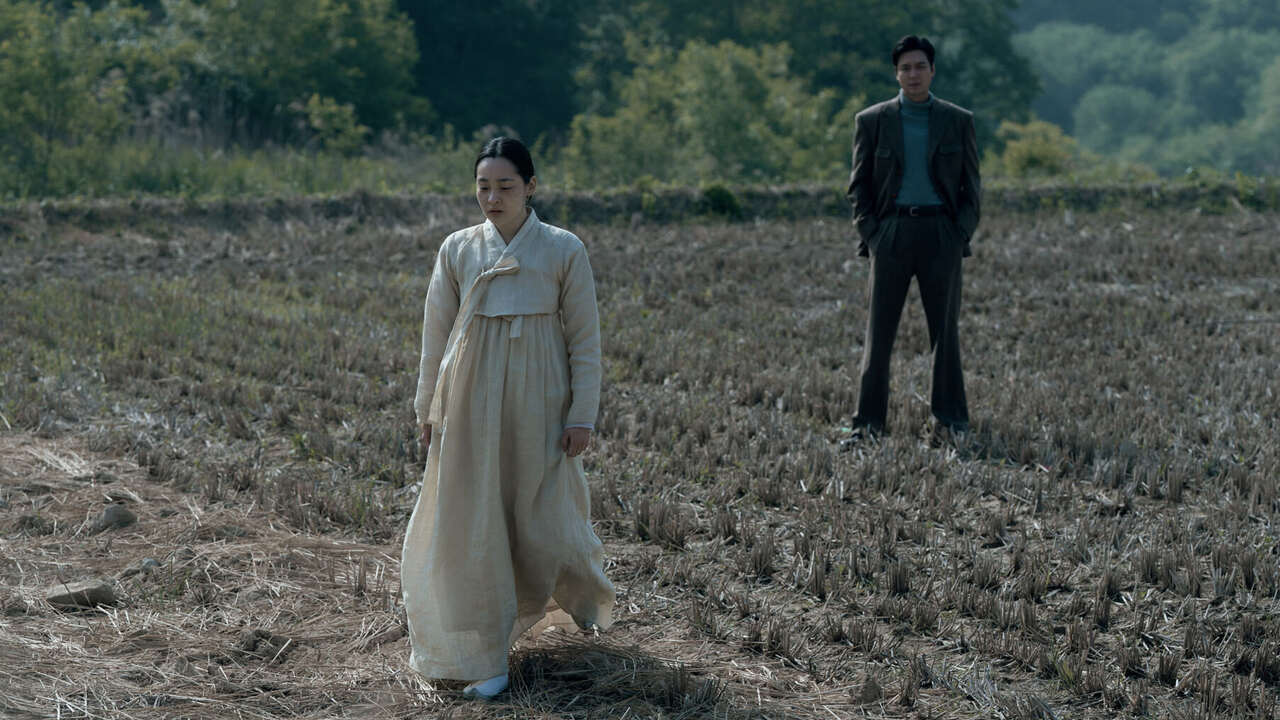
“Pachinko” Season 2, Episode 3, titled "Chapter 11," plunges viewers deeper into the complex web of intergenerational trauma, cultural identity, and the relentless passage of time. As we pick up from the explosive events of Season 1, this episode brings a blend of both poignancy and frustration, making it a solid, albeit imperfect, continuation of the saga.
At its core, "Chapter 11" anchors itself in the lives of the family we've come to know intimately, particularly focusing on Solomon and Sunja. Solomon, now grappling with the fallout from his career choices, faces an impending financial crisis that threatens to derail his life. As he scrambles to find investors, the looming threat of Japan’s "lost decade" begins to cast a shadow over his every move. What makes Solomon's storyline compelling in this episode is how it captures his internal conflict — the tension between preserving his Korean heritage and the harsh realities of his life in Japan. The episode does a commendable job of conveying the weight of these decisions, highlighting the psychological toll they take on him.
Meanwhile, Sunja's narrative arc continues to shine with emotional depth. The exploration of her past, interwoven with her present interactions with her family, offers some of the episode's most moving moments. Sunja’s journey, from her roots in Korea to her life in Japan, is portrayed with a quiet yet powerful grace, allowing the audience to feel the enduring impact of history on individual lives.
The episode truly excels when it slows down to focus on these quieter, more intimate moments. The interactions between Solomon and his grandmother, for instance, resonate deeply, serving as a reminder of the show’s ability to find beauty in the mundane. These scenes offer a window into the generational contrasts and connections that define the family, with Sunja's wisdom often serving as a counterbalance to Solomon’s modern struggles. This focus on the small-scale drama is where "Pachinko" shines brightest, capturing the essence of its source material with a delicate touch.
However, where the episode falters is in its attempt to balance this intimacy with the grander historical context. The series, much like in earlier episodes of this season, struggles to maintain the same narrative cohesion that made Season 1 so captivating. The shifts between the personal and the historical feel more jarring here, as the show attempts to juggle too many elements at once. The result is a slight dilution of the emotional impact that the smaller, more focused storylines could have delivered.
This imbalance is particularly noticeable in the way the episode handles the backdrop of Japan’s impending financial crisis. The historical context is undoubtedly significant, but its integration into the storyline feels forced at times, detracting from the characters' personal journeys. This is a departure from the first season, where historical events served as a subtle undercurrent rather than a dominating force.
Visually, "Pachinko" continues to be a feast for the eyes. The cinematography in "Chapter 11" is stunning, capturing the lush landscapes and intricate details that bring the era to life. The use of color and light in particular scenes — whether it’s the dimly lit streets of 1980s Tokyo or the sun-soaked fields of rural Korea — adds a layer of richness to the storytelling.
The performances, as expected, are stellar. Jin Ha as Solomon delivers a nuanced portrayal of a man caught between two worlds, while Youn Yuh-jung as the elder Sunja remains the emotional anchor of the series. The supporting cast also shines, with each character bringing depth and complexity to their roles, contributing to the show’s overall emotional resonance.
“Pachinko” Season 2, Episode 3 is a mixed bag of brilliant character work and slightly uneven storytelling. While the episode stumbles in its attempt to balance the grand historical scale with the personal, it nonetheless delivers powerful moments that remind us why this story is so compelling. The strength of “Pachinko” lies in its ability to tell a deeply human story against the backdrop of sweeping historical events, and despite its flaws, "Chapter 11" continues that tradition in a way that will keep viewers invested in the fate of this remarkable family.
As the series progresses, one can only hope that it regains the narrative balance that made Season 1 so exceptional. Until then, we are left with an episode that, while not perfect, still offers a poignant exploration of identity, resilience, and the enduring legacy of the past.
Final Score- [7/10]
Hi Everyone, after a due consideration, we have decided that we will be open for donations to help us in managing our website. We will be greatful for any kind of amount we receive. Thanks!
— Midgard Times 🎬 (@Moviesr_net) January 4, 2026
PayPal- [email protected] pic.twitter.com/DlNNz5Npm5
Get all latest content delivered to your email a few times a month.
Bringing Pop Culture News from Every Realm, Get All the Latest Movie, TV News, Reviews & Trailers
Got Any questions? Drop an email to [email protected]